In the next 12 months, Port Harcourt’s electricity distribution company will be able to transmit an additional 485 megawatts (MW) to its customers as the Transmission Company of Nigeria (TCN) reconducts a transmission line in Rivers state.
In an August 11 statement signed by Ndidi Mbah, TCN’s General Manager for Public Affairs, the company said that it was in the process of reconducting double-circuit transmission lines in Port Harcourt. The statement read:
- “The Transmission Company of Nigeria (TCN) recently handed over the site for the reconductoring of the 8km Port Harcourt Main-Port Harcourt Town transmission line and the 10km Alaoji-Aba 132kV double circuit transmission lines in its Port Harcourt Region to a contractor for execution.
- “The handing over of the site for the project was done on the 8th of August 2023 by Engr. O.E.A. Ajiboye, General Manager, Transmission Services. He stated that the project is essential and will increase the line capacity, allowing for the transmission of up to 200MVA (485MW) of bulk power through the Port Harcourt Main and Port Harcourt Town Transmission Substations to Port Harcourt Electricity Distribution Company Limited.
- “The project, expected to be completed in 12 months, aims to further reduce power interruptions, and enhance power stability. The upgrade will support ongoing transformer reinforcement efforts by the TCN-World Bank across Transmission Regions.”
Few facts on states’ electricity transmission network
In the July 2023 report on states’ participation in the electricity sector, the Electricity Markets Rates and Consultants (EMRC) provided the following insights into how Nigeria’s electricity transmission works;
- The transmission infrastructure in Nigeria is at the national level connecting all thirty-six states, and it is operated by the Transmission Company of Nigeria (TCN), which is 100% owned by the Federal Government of Nigeria.
- Although the government has passed the Electricity Act empowering states to transmit, generate and distribute electricity, states cannot take over transmission lines and may only collaborate with the TCN.
- State governments can collaborate with the federal government and other states in various joint investment and funding initiatives for transmission infrastructure.
- By pooling resources and sharing costs, states can collectively contribute to the development of new transmission lines or the reinforcement of existing ones. This approach allows for a more efficient allocation of financial resources, especially for states that may face budget constraints on individual transmission projects.
- State governments can participate in regional transmission planning processes to ensure that the transmission infrastructure adequately serves their states’ needs. This involves collaborating with the relevant federal agencies, such as the TCN, and other stakeholders in the region.

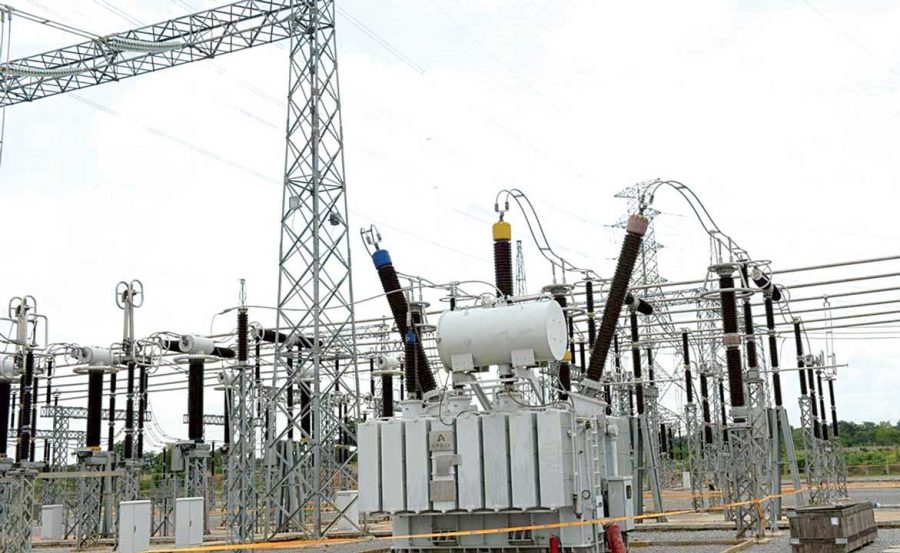






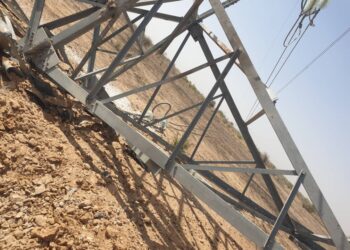
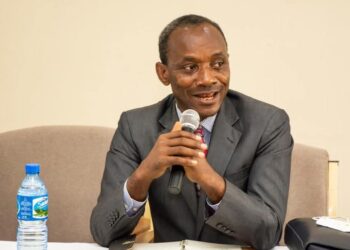
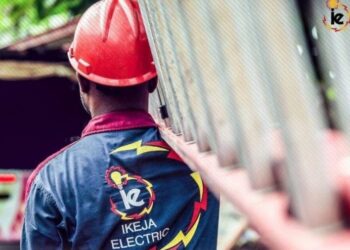
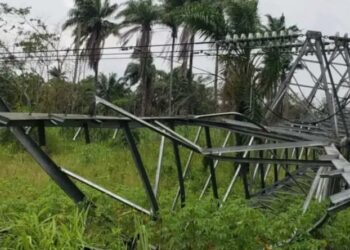
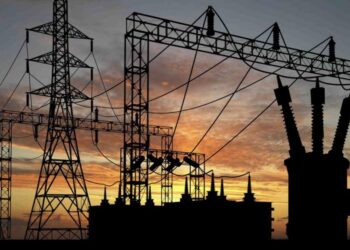
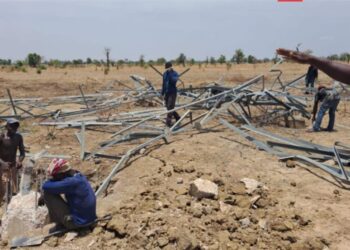













Most cables in cities that are supposed to take power to our homes are bad, so even with the boost most homes will be in darkness. Power is the reason Nigeria is poor., Fix power you boost the economy.